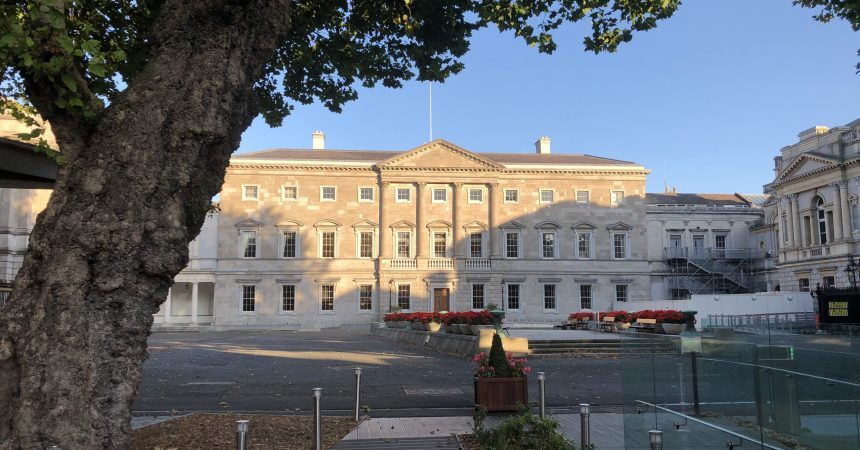
How an ETB school admission policy makes up a definition of religious instruction with no legal basis
This is from the Admission policy of Larkin Community College, a second level ETB school. There is no legal basis for the supposed distinction it makes between religious instruction and religious education.
It is important to understand that our school does not provide ‘religious instruction’ and therefore the need to opt-out does not arise in this school. It is also important to understand the distinction between ‘religious instruction’ and religious education’:
- Religious instruction is a term used in Ireland to indicate instruction in accordance with the rites, practices and teachings of a particular religion or denomination for pupils of that religious tradition. Religious Instruction may be provided in a denominational school setting.
- Religious education is open to all pupils regardless of their commitment to any particular religion or worldview. It seeks to contribute to the spiritual and moral development of all students equally.
As ETB schools are ‘multi-denominational’, Larkin Community College supports the provision of religious education that caters for all students regardless of their religious or non-religious beliefs and therefore does not provide religious instruction in one particular religion or belief. However, as per Section 30(2)(e) of the Education Act (1998), Larkin Community College recognises the right of parents, or students over the age of 18, attending publicly-funded schools to withdraw from any subject contrary to their conscience, including religious education.
The vast majority of second level schools put something similar in their Admission policies. Here is why this does not make any sense.
Religious Instruction comes under Article 44.2.4 of the Constitution and it guarantees the right to not attend it in any school in receipt of state aid.
The School goes on to state in the Admission policy that they recognise the rights of parents under Section 30-2(e) of the Education Act 1998 and students can still opt out of Religious Education.
The issue with this is that Section 30.2(e) of the Education Act 1998 is a reflection of Article 44.2.4 of the Constitution which refers to religious instruction.
We know this because of what the then Minister for Education, Micheal Martin, told the Dail when this Section of the Education Act was being enacted.
The then Minister also stated at the time that Article 42 of the Constitution supported Art 44.2.4 in relation to the rights of parents. Article 42.1 of the Constitution refers to Religious Education.
The wording of Section 30.2(e) of the Education Act 1998 permits students to ‘not attend’ any subject that is against the conscience of their parents. It doesn’t say ‘opt out’ or ‘not participate’.
So what is the point of claiming the Religious Education is not Religious Instruction, when all roads lead back to Article 44.2.4, the constitutional right to not attend religious instruction in any state funded schools?
The only reason we can come up with is that the purpose is coercion. Schools want to coerce students into curriculum Religious Education and they will make up nonsense to achieve this.
Schools have absolutely no legal power to redefine Constitutional rights and neither has the Department of Education.
It makes no legal sense to claim that you recognise the right of parents under Section 30.2(e) of the Education Act 1998 in relation to Religious Education because Art 42 of the Constitution which refers to Religious Education supports Art 44.2.4.
Section 30.2(e) of the Education Act reflects the Constitutional rights of parents that is found in both Articles (44.2.4 & 42.1).
One of the purposes behind Article 42.1 is one of ‘non interference’ by the state in the right of parents in relation to the religious education of their children. It is up to parents to decide what is or is not suitable religious education for their children.
How can any Board of Management pass such an Admission policy which clearly undermines the constitutional rights of parents and their children? This admission policy is another example of why we need statutory guidelines on the right to not attend religious instruction.
Here is what the then Minister for Education Micheal Martin said when the Education Act was being enacted:








0 Comments
No comments!
There are no comments yet, but you can be first to comment this article.